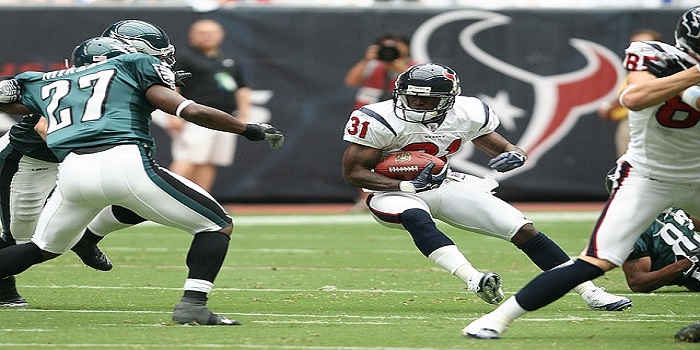Daily fantasy sports (DFS) did not start as you might suspect it did. It wasn’t the preserve of seedy characters who coveted monetary return. No, rather the whole motivation behind DFS was the desire of fans to be real managers.
And so, they began to pick players, compose their fantasy teams, and eventually, whip up excitement with a bit of a monetary wager here and there. The competitions that ensued were usually broken down into leagues, with each league then having between six and 12 players.
As soon as a winner had been elected, the said person had been awarded a highly-coveted recognition – bragging rights. With the advent of the internet, though, the activity has garnered rather more impressive dimensions.
However, no legal framework for DFS has been found just yet on a national level, at least when it comes to betting, and that’s an important aspect of the institution of DFS. And yet, DFS manage to garner support from quite a few of states out there.
The 19 States that Allow It
Presently, there are 19 states that allow some form of DFS to take place. Most recently, we have found out that Louisiana too is pondering the formal legalization of the segment as well.
Louisiana will vote on the legalization of DFS, which has definitely excited local supporters of the activity. The state is expected to vote on the formal admission of the activity as a legal hobby in November. The vote will involve every single parish as well.
This is both exciting as it will give a more detailed gauge of what the grassroots support for the activity is. Conversely, it may also lead to a sort of patchy legal groundwork with some parishes voting in favor whilst others go against the grain.
Now, the simple truth is that nobody can enforce betting laws on parishes, which can contest any final decision made by the state in court. If such altercations occur this will be painfully counter-productive.
The Clear Benefits of Legalization
Legalization truly stands to benefit the state’s coffers and those people who are arduous fans of the activity. The game is itself a game of skill and not truly a betting game. The argument that it’s a form of gambling doesn’t stand at all simply because the skill that bettors exhibit in putting together a team equals the skill managers demonstrate themselves, one argument goes.
There’s a monetary gain for states, too. The legalization of the activity will add estimated $3 million to the coffers, which is not too shabby. In other words, the activity is likely to continue, so why not make sure that it pays off for everyone involved, most of all the state on the territory of which the whole process is taking place.
Detractors may argue that this is step one towards the legalization of gambling in its entirety and they will not be far from the mark. However, gambling is an activity that is carried on by popular support. If locals are against it, a fair vote will help decided that.



